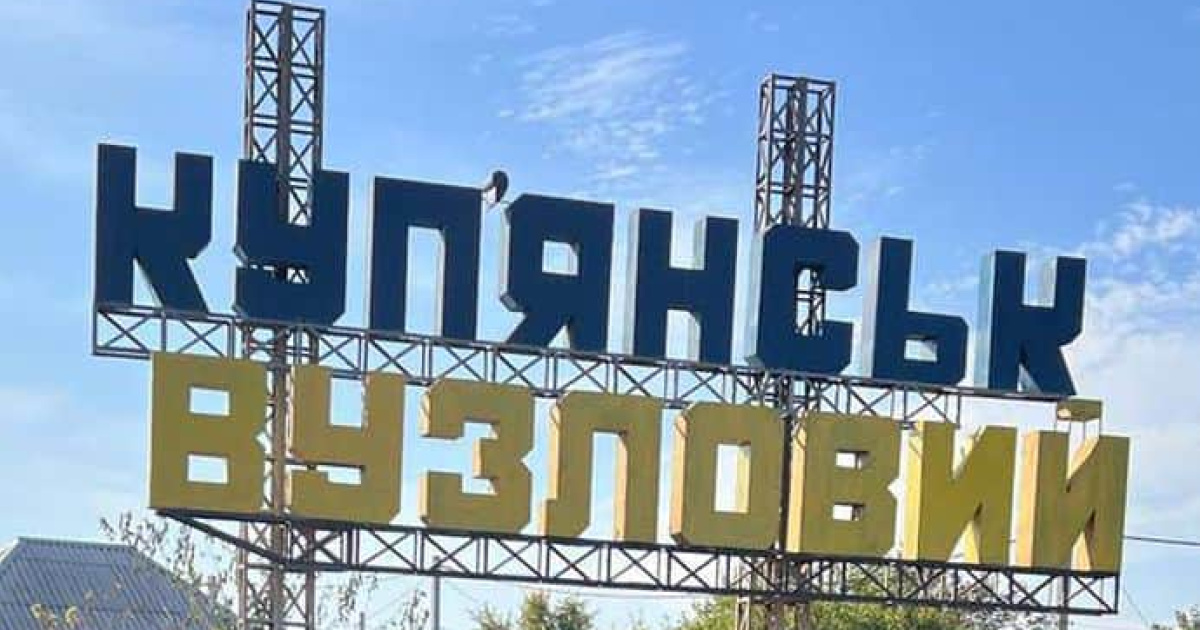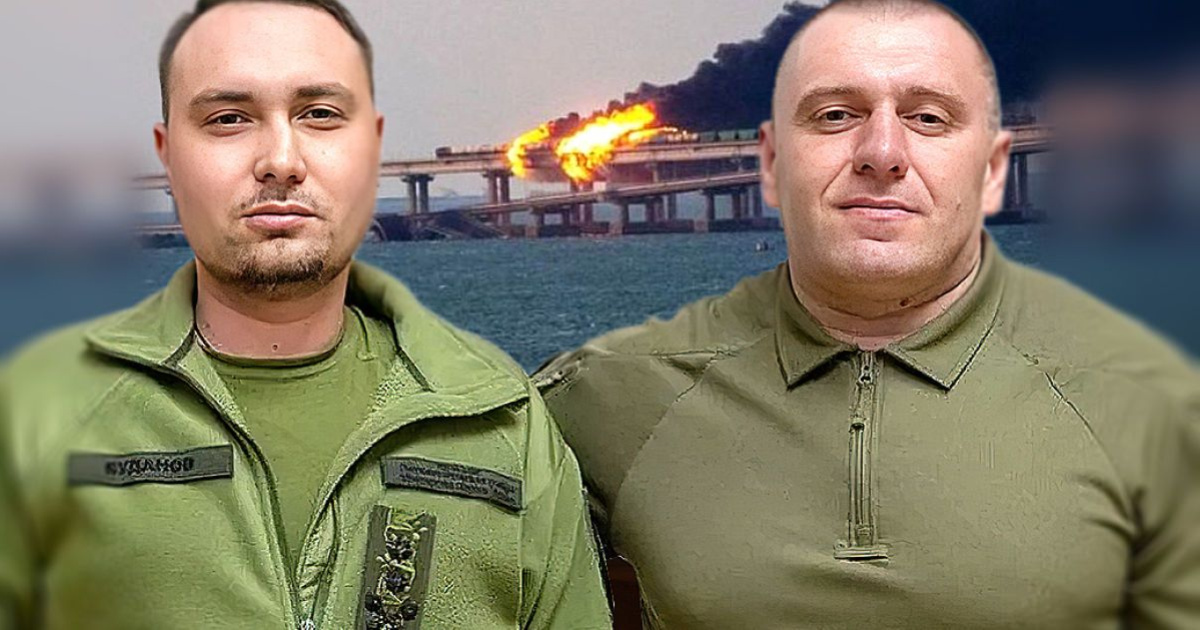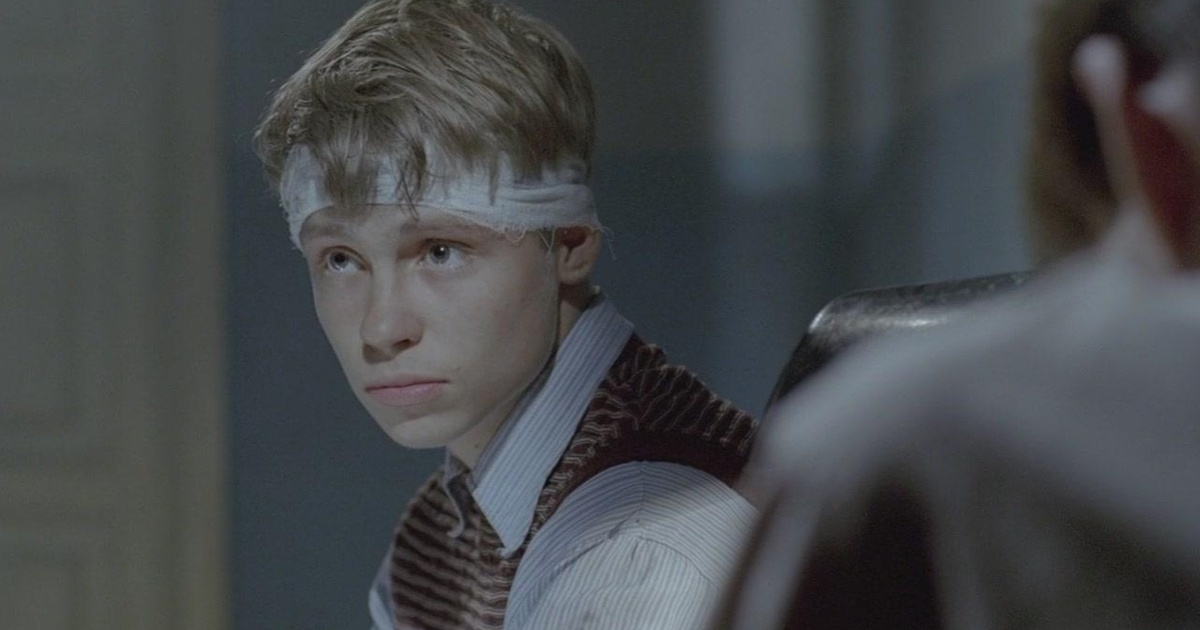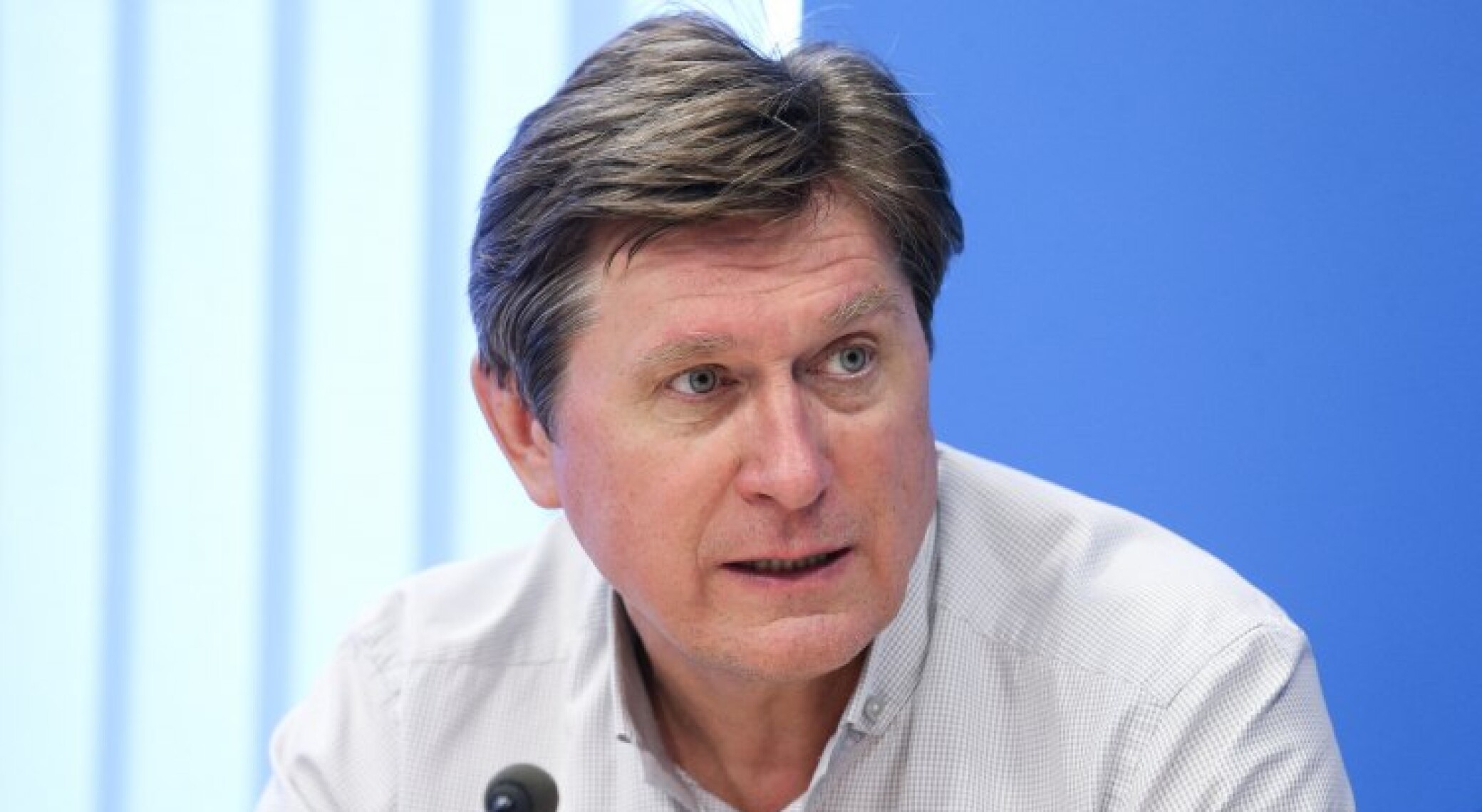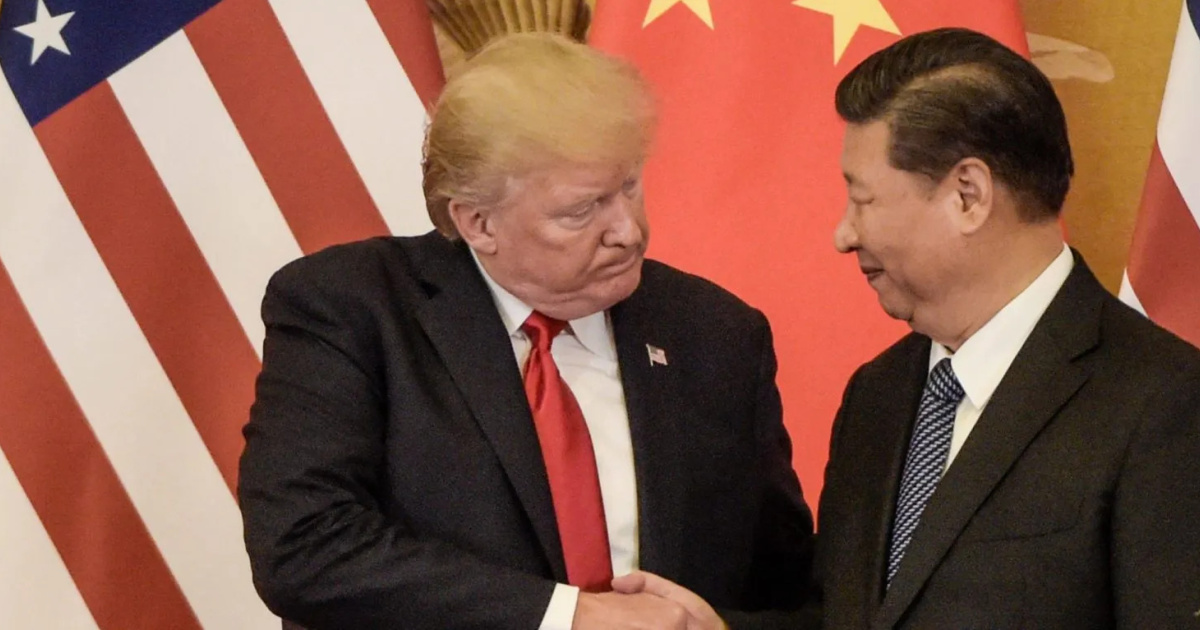
US sanctions against russia, announced by Donald Trump after his meeting with Volodymyr Zelensky in Washington D.C., became the first signal of a shift in the new administration’s approach to the kremlin. Despite expectations of a rapid breakthrough in negotiations to end the war, the process has paused again: the announced meeting between putin and Trump in Budapest fell through, and contacts between moscow and Washington D.C. are effectively frozen.
Against this backdrop, russia continues to insist on maximalist demands, which include neutralizing Ukraine’s defensive capability and political concessions, including the withdrawal of the Ukrainian Armed Forces from the non-occupied part of the Donetsk oblast. The US, in turn, demonstrates readiness to increase economic pressure on the kremlin.
OstroV spoke with political expert Kostiantyn Matvienko about the real consequences of the sanctions for the kremlin, why the announced putin-Trump meeting in Budapest failed, how likely concessions from Kyiv are, and what moscow really wants. The conversation also touched on the role of China, the internal situation in russia ahead of an election year, the prospects of a Trump-Xi Jinping meeting, as well as Ukrainian domestic politics: preparation for an energy war and the 2026 budget.
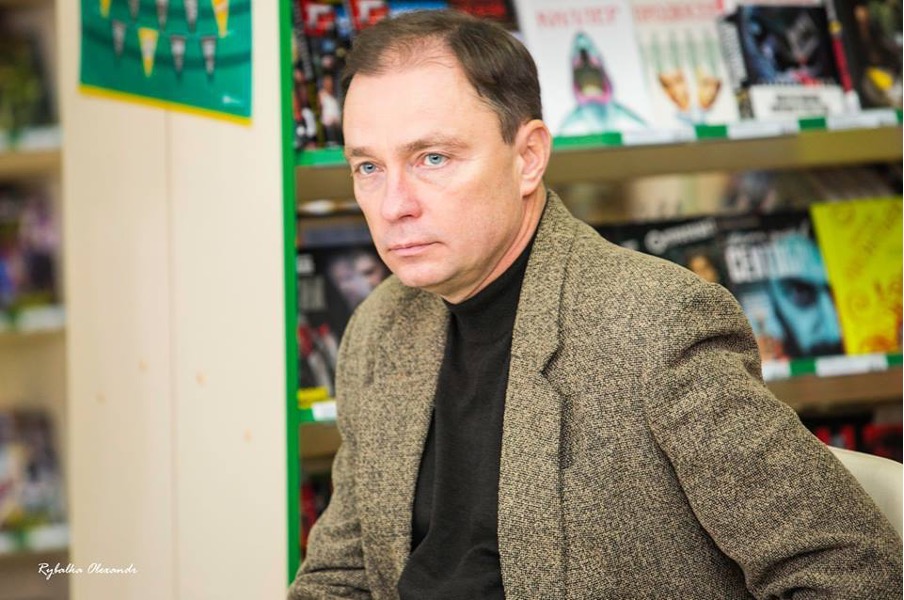
– Recently, Volodymyr Zelensky, after meeting with Donald Trump, said that we are close to ending the war. Why was this said, and do you agree with that conclusion?
– I do not agree with that. I think when he said it, he sincerely believed in such a scenario. The meeting between Zelensky and Trump was constructive, despite the fact that we were not given Tomahawk missiles. Both Zelensky and Trump understand the real state of the russian economy, infrastructure, and military machine. On the eve, putin called Trump and, buying time, promised a “roadmap” for a quick end to the war. When Trump realized he was being deceived, he introduced sanctions. So at that moment, Zelensky believed it, but the objective reality is that the war will not end soon.
– Why, in your view, did Trump still go ahead with imposing sanctions?
– Ukraine was lucky that American public opinion, both among Republican and Democratic voters, is on Ukraine’s side. Despite all of Trump’s cognitive issues, as it is diplomatically put, he understands his dependence as a politician on public opinion, on voter sentiment.
Therefore, when it became clear that putin was making a fool of him, it outraged both Trump himself and his circle. Thus, Trump was convinced of the need to impose these sanctions. They were prepared, they were calculated. Later it became known that he had three options: the lightest, medium, and heavy. He, accordingly, imposed the medium option of sanctions, hinting to putin that he still had a tougher package.
Moreover, there is another important point. Trump was very eager to achieve progress on ending the war before meeting Xi Jinping. This meeting is tentatively scheduled for next Thursday, although there are doubts it will definitely take place. Trump is preparing for negotiations in South Korea, and it was extremely necessary for him to show that he had managed to reach certain agreements with russia. To show India and the whole world that the United States “tore” the russian federation away from China. But this did not happen.
Accordingly, Trump’s negotiating positions at the meeting with Xi turned out not to be as strong as his team had hoped. That is why the decision was made to announce the sanctions right now.
– How extensive and painful are these sanctions for putin?
– The sanctions have three components: symbolic, political, and quite tangible — economic.
First, symbolically it is important that Trump demonstrated to both the EU and other partners that the US is ready to exert real pressure on russia. On the same day, the European Union announced its 19th sanctions package — a direct reaction to Washington’s actions.
Second, the strike targets the financial heart of the kremlin: the sanctions hit two oil companies that provide about 51% of russia’s oil production. These are personal “money generators” for putin and his inner circle. It is no surprise that the russian stock market immediately fell, and propagandists show confusion and anger.
Third, we have a vivid indicator: the urgent trip to Washington D.C. by Kirill Dmitriev, putin’s personal negotiator. He flew there to demonstrate alleged “control of the situation” and the kremlin’s ability to negotiate. But in reality, Dmitriev was not received at a high level. This is already telling.
– Therefore, the new American sanctions really hit putin?
– They certainly did. But the most important thing is: this is not the last package. After the Trump-Xi meeting, when it becomes clear how US-China relations will develop, Trump’s team will weigh how beneficial it is to increase pressure on russia and what else needs to be added. We already see that the EU struck at the russian banking sector and crypto operations. The Americans will most likely take this into account in the next wave — if putin does not change his behavior.
– So we can expect increased pressure from the US?
– If putin does not make concessions — yes. Considering the elections in America and the image risks, Trump may have no other choice. His team will analyze the effect of the current package, identify weak spots — banking sector, cryptocurrencies — and may come out with another decision.
– Theoretically, Trump’s “way out” would be to accept putin’s conditions and force Kyiv to withdraw, for example, from part of Donbas to establish a ceasefire regime. Is this realistic?
– Trump might have gone down that path, he was already putting pressure on Zelensky. But there is the American public. Ukraine is the victim of aggression, and all the moral advantages are on our side. Voters understand this, so “equalizing the sides” won’t work.
– Why did the announced Trump-putin meeting in Budapest fail?
– Here, the sequence of events is important. After the phone call and preliminary agreement for the Budapest meeting, Steve Witkoff stopped handling contacts with russians — Marco Rubio took over — a politician with a very clear understanding of what the russian federation is and who putin is. He positions himself as the political heir of Senator John McCain, the “hawk”.
In Trump’s team, Rubio is one of the most prepared and competent in foreign policy. His main goal is to prevent Trump from looking weak. If the US president had flown to Budapest without real ceasefire agreements, it would have been an image catastrophe. Rubio, after talking with russians, saw that moscow was not accepting any of Trump’s proposals. That is why he advised canceling the meeting.
Russian media call it a “postponement”, but when nothing is agreed upon and there is no date — it is a cancellation. Therefore, in my opinion, Rubio became the key player in stopping this story.
– Under what conditions would such a meeting be possible?
– On the condition of a ceasefire. But that is impossible for putin right now. First, he genuinely believes he can make Ukraine give in — disrupt our heating season, leaving the country without heat and electricity, and make the front collapse. He is really counting on this.
Second, putin makes decisions without real data: on losses, equipment condition, resources, or the ability to continue the offensive. He does not want to know the truth. On the map, russia looks stronger than Ukraine — that’s how he thinks.
But we see at what cost russian troops gain a few destroyed square kilometers of Ukrainian territory. The sense of it is diminishing.
And third — domestic politics. If a pause is declared, many russians — at least 80% of the population who hate Ukraine — will ask: “What was all of it for? Where is the result? What do we have: complete international isolation, loss of Syria, the prospect of losing the North Caucasus, significant losses of gold and foreign currency reserves, over a million killed and wounded… What for?” These are the questions putin fears most. That is why a ceasefire is politically deadly for him.
– What basic conditions of the kremlin for “freezing” the front line do you see now?
– Lavrov has already clearly stated the kremlin’s basic set of demands. What they call “denazification” and “demilitarization”. That is, a neutral status for Ukraine, restrictions on the size and armament of the Armed Forces. These points have long been spelled out.
Next come the political demands: official status of the russian language, permission for the russian Orthodox Church to operate. These are external attributes.
But the main thing, it seems to me, is the removal of Zelensky. He is the one who broke putin’s “seize Kyiv in three days” plan. The situation was paradoxical: putin was convinced that Zelensky would flee. The West also offered him evacuation. But he said: “I need weapons, not a taxi”. Zelensky stayed — and this destroyed the kremlin’s original plan. Now putin needs a politician in Ukraine who will agree to sign everything he wants.
– But russia’s economy is not unlimited. It can’t fight forever?
– Undoubtedly, there is a limit to the resilience of the russian economy. But putin is a man who is not told unpleasant truths. He sincerely believes he can fight for a very long time.
– Can US economic pressure accelerate the end of this war?
– Trump can indeed have a significant impact. But the influence must be collective. This includes the United States, the European Union, the United Kingdom, Canada, Japan, South Korea, Australia, and other partners.
It is important to remember: de facto, Ukraine is fighting three nuclear powers — russia, North Korea, and China, which supports both moscow and Pyongyang. Until recently, Iran was also on this list, but it is now severely weakened. And there is also Belarus — it also bears full responsibility for this war.
– What should be expected from the announced Trump–Xi Jinping meeting?
– Objectively, this meeting is not about us. It is a dialogue between the two largest economies in the world, which must agree on the rules of the game between themselves. But, of course, one would like Trump to raise the issue of limiting support for russia with Xi.
The sanctions already imposed have affected russian oil exports to India and China. Both countries have begun looking for alternative supply sources, and that is important. But I am not sure the word “Ukraine” will be on the agenda of this meeting.
– And can China play a constructive role in ending the war?
– So far — no. We heard the statement from China’s foreign minister during his visit to the EU: Beijing is ready to participate in a settlement, but on terms favorable to russia, not Ukraine. China has its own interests. It needs to maintain good economic relations with the US, and Trump will certainly talk about this. It needs to preserve the EU market. And the war interferes with this: Europe’s resources go to defense, not imports from China.
On the other hand, China fears destabilization of russia. It is convenient for it to have russia essentially as a raw materials colony — with oil, timber, minerals at low prices. And at the same time, without any costs for managing this “colony”. A very profitable arrangement.
Trump hopes that China will reduce its purchases of russian oil. And this can happen not only because of sanctions but also due to an economic crisis in China itself: russian oil simply becomes less needed. The global economic slowdown is already putting pressure on prices.
In addition, US sanctions are working: one of India’s largest importers of russian oil has already switched to supplies from the Middle East and even Guyana, which was never considered before.
– At what point in the negotiation process are we now?
– Rumors are spreading that Ukraine and russia are supposedly constantly in some kind of contact. That’s not true. Even prisoner exchanges have stopped. Another line of talks is with the US. It’s a difficult dialogue, but it continues: we are under pressure, at the same time we are receiving help. Contacts between the US and russia are also effectively “frozen” after Dmitriev’s visit to Washington D.C., which brought nothing. The EU is not conducting any dialogue with moscow at all. So, it’s impossible to speak of any intensive negotiation process right now.
– Can Trump’s sanctions accelerate it?
– It’s too early to say. Dmitriev achieved nothing. But after the Trump–Xi meeting, we will see much more. In the US Congress, three important bills are already moving: one, which passed the committee — on recognizing russia as a state sponsor of terrorism for abducting Ukrainian children, and two more — also bipartisan. It’s unlikely that all three will pass, but one or two might.
Plus sanctions that the US president can personally strengthen — the decisions will depend on the results of the talks in South Korea. Although there is a risk that Xi might change his mind about the meeting at the last moment. But for Ukraine, the best scenario is for the negotiations to take place.
– There is an opinion that the real “window of opportunity” for negotiations will open ahead of the US elections and the russian State Duma elections, which will take place next fall. Do you agree?
– Yes. Election campaigns are always prepared in advance, but real intensity begins a year before the vote. And there is even less than a year left before the elections in the US and russia. The course of any possible peace process directly depends on these elections. Ukraine is part of the election agenda both in the United States and in russia.
In russia, these are not elections, but another “reappointment” of the State Duma. But around this process, an information field is being created that forces discussion about the real state of the russian economy and social systems, which is directly connected to the war. And we see: the russian voter is disappointed that there is no victory.
– I would like to move on to the internal situation in Ukraine. In particular — to the government’s preparation for an “energy war”. Currently, there are mutual accusations: the central government blames the local authorities, the local authorities blame the central government. Is it correct to discuss this during shelling?
— It is necessary to discuss it. Even according to the reports of the parliamentary temporary investigative commission, protection of the energy infrastructure was insufficient. That is a fact. But the question of punishment should come after the war. Right now, operational elimination of deficiencies and maximum protection of critical infrastructure is required.
It must be understood: the nature of the war has changed. Russian missiles and drones are equipped with AI elements, making them more accurate and harder to intercept. And we see an increase in the number of hits, including in Kyiv. Of course, one could ask: “Where are the interceptor drones that were promised?” But shifting all responsibility only to the central government is wrong.
There are problems in the distribution of powers and responsibilities. For example, in Kyiv, both the military administration and the city state administration headed by Klychko operate simultaneously. Their powers often overlap chaotically. It is logical to ask the city authorities: why are budget funds spent on tiles, curbs, and sidewalks — and not on protecting energy facilities or drones?
In Odesa, we saw a different model: after Trukhanov was stripped of citizenship, city management fully passed to the military-civil administration. Now it will be them who face questions. That is, each case is individual; there are no universal solutions here, just as there is no “standard situation” during war.
– Recently, the Verkhovna Rada voted in the first reading for the state budget for next year, which many have already called pre-election. Do you agree with this assessment?
– Some items have an obvious populist character: packages for schoolchildren, increased scholarships… But let’s remain hopeful that this is not a “pre-election budget”, but an attempt by the government to support people. Note: there are no funds for elections in the budget. But they could be added at any moment if elections are announced.
As for possible elections in Ukraine, they simply cannot be held now: issues of security, voter access, organization in front-line and occupied territories… This needs to be regulated legally, but I do not see political will. In the first half of next year, elections are excluded. In the fall, the probability is also minimal.
By Vladyslav Bulatchik, OstroV

